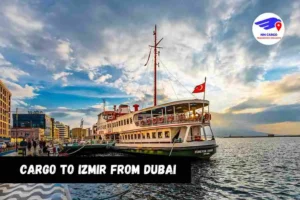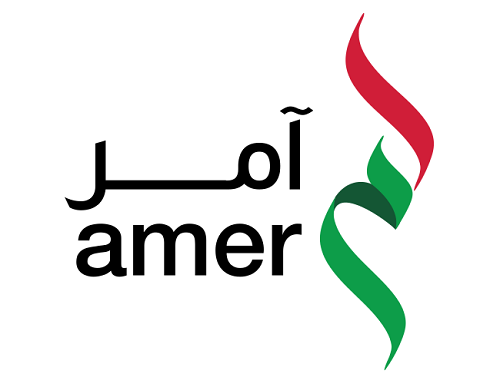Navigating international cargo shipments can be complex, but understanding the key aspects of transporting goods from Dubai to Izmir can streamline the process significantly. This guide provides an in-depth look at cargo services from Dubai to Izmir, covering everything from shipping methods to customs procedures.
Overview of Cargo Services
Dubai and Izmir are two pivotal commercial hubs. Dubai, renowned for its state-of-the-art logistics infrastructure, and Izmir, a key port city in Turkey, together facilitate a significant volume of trade. When shipping cargo between these two cities, several service options are available, each with distinct advantages.
Types of Cargo Services
- Air Freight: Ideal for urgent deliveries, air freight offers speed and efficiency. While it is more expensive compared to sea freight, it is often the preferred method for high-value or time-sensitive shipments.
- Sea Freight: This method is cost-effective for large volumes of goods. It involves shipping via container vessels and is suitable for non-perishable items and bulk cargo.
- Land Freight: Although less common for this specific route due to the geographical distance, land freight can be an option for regional deliveries within Turkey.
Choosing the Right Shipping Method
Factors to Consider
- Urgency: If the cargo needs to reach Izmir quickly, air freight is the best option despite its higher cost. For less time-sensitive shipments, sea freight is more economical.
- Type of Cargo: Different types of cargo require different handling. For instance, perishable goods need rapid delivery and appropriate storage, making air freight more suitable.
- Cost: Sea freight is generally more cost-effective for large or heavy shipments, whereas air freight, though more expensive, offers quicker delivery times.
Cost Comparison
- Air Freight: Generally more expensive due to fuel and air transport costs. Suitable for high-priority or high-value cargo.

- Sea Freight: Lower cost per ton and ideal for large volumes. Additional costs may include port handling fees and container rental.
Shipping Documentation and Procedures
Proper documentation is crucial for smooth cargo transport. Here’s a breakdown of the necessary paperwork and procedures.
Essential Documents
- Commercial Invoice: This document outlines the details of the transaction, including the value of the goods and terms of sale.
- Bill of Lading: Acts as a receipt of cargo and contract of carriage. It is crucial for sea freight and sometimes used in air freight.
- Packing List: Details the contents of the shipment, including weights and dimensions.
- Certificate of Origin: Indicates where the goods were manufactured, which can be important for customs clearance.
Customs Clearance
Both Dubai and Izmir have specific customs requirements. Ensuring compliance with these regulations can prevent delays and additional costs.
- Dubai Customs: Export procedures in Dubai require the submission of documents for inspection and clearance. Export duties may apply depending on the type of cargo.
- Izmir Customs: Import procedures in Izmir involve submitting documentation to Turkish Customs authorities. Import duties, VAT, and other taxes may be applicable.
Shipping cargo from Dubai to Izmir involves multiple considerations, including the choice of shipping method, understanding documentation requirements, and managing logistics effectively. By staying informed and planning ahead, businesses can navigate these complexities and ensure a smooth cargo transport process.













